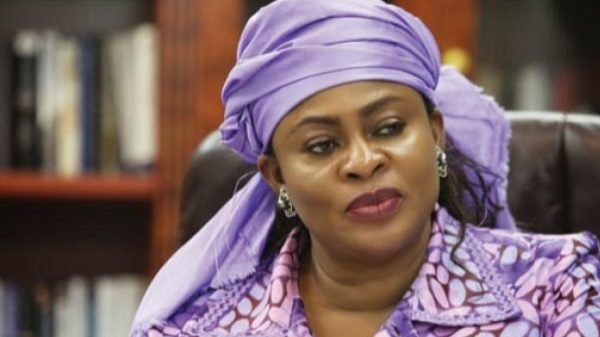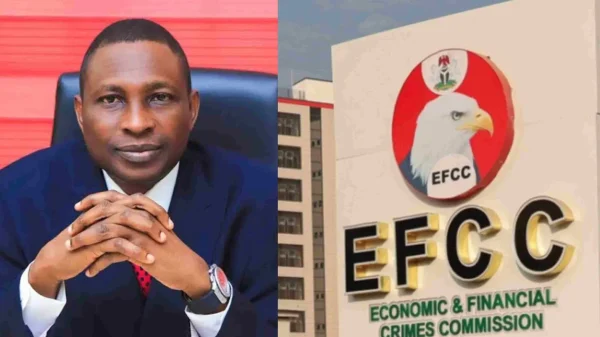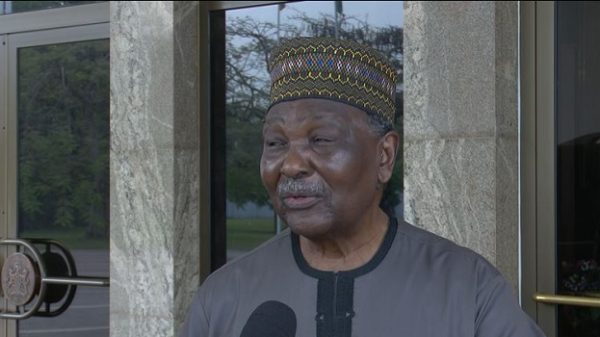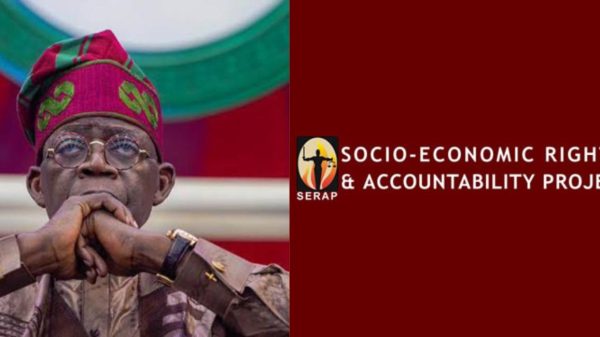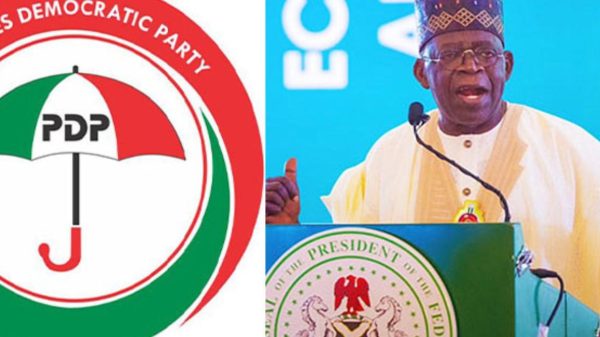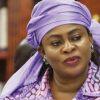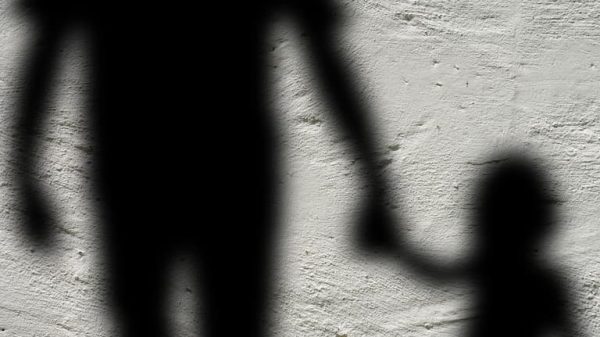Lawyers are examining the implications of the Central Bank of Nigeria’s (CBN) recent confirmation that it will maintain its Ways and Means Advances to the federal government at a 5% limit for the 2024-2025 fiscal years. This decision was announced last Tuesday, allowing the CBN to provide up to 5% of the previous year’s revenue to the government, which must be repaid within the same year to avoid long-term financial burdens.
The Ways and Means facility is designed to offer short-term funding to help the government cover budget shortfalls. This move aligns with the CBN’s Monetary, Credit, Foreign Trade, and Exchange Policy Guidelines for the upcoming fiscal years.
In an interview, Dr. Olisa Agbakoba, a Senior Advocate of Nigeria (SAN), stated that the CBN’s limit on borrowing is aimed at controlling public sector borrowing, which is often unregulated. He emphasized that while a 5% cap helps manage inflation, the underlying economic fundamentals must support any borrowing.
Agbakoba expressed concern that borrowing to cover recurrent expenses could lead to inflationary pressures, stating, “It makes sense to set a ceiling on Ways and Means borrowing, but the legal ceiling is often not followed.” He also noted that borrowing should ideally be for productive purposes.
Professor Mike Ozekhome, another Senior Advocate, pointed out that the CBN Act of 2007 allows the bank to grant temporary advances to the federal government. However, he warned that any advance must be authorized by the National Assembly through a supplementary budget. Without this authorization, such borrowing could be deemed unconstitutional. He raised concerns over the opacity and potential for corruption in the current system of Ways and Means.
Public interest lawyer Opatola Victor highlighted the importance of accountability in the CBN’s funding practices. He warned that without proper oversight, excessive money printing to fund these advances could lead to rising inflation and a decline in economic stability for Nigerians.
Recently, both the Senate and House of Representatives passed a bill to increase the percentage of Ways and Means loans that the CBN can provide to the federal government, raising the cap from 5% to 10% of revenue. However, some officials, including Murtala Sabo Sagagi, a member of the CBN’s Monetary Policy Committee, have expressed concerns that this increase could worsen liquidity issues in the economy and undermine the CBN’s efforts to stabilize it.
In May 2023, the Senate approved a restructuring plan for the N22.7 trillion owed to the CBN by the federal government under the Ways and Means provision. Recently, CBN Governor Yemi Cardoso announced that the bank would stop granting new Ways and Means loans until the previous ones are repaid.
The Finance Minister, Wale Edun, confirmed that the federal government has repaid N7.3 trillion in these advances, underscoring ongoing efforts to address the economic challenges facing Nigeria.



